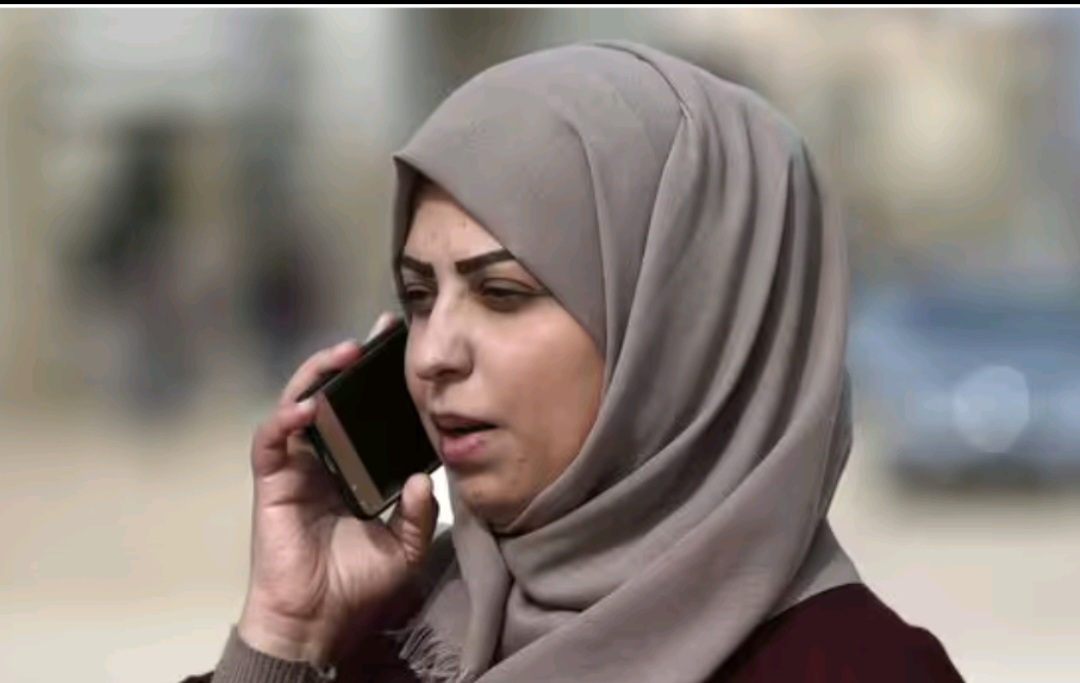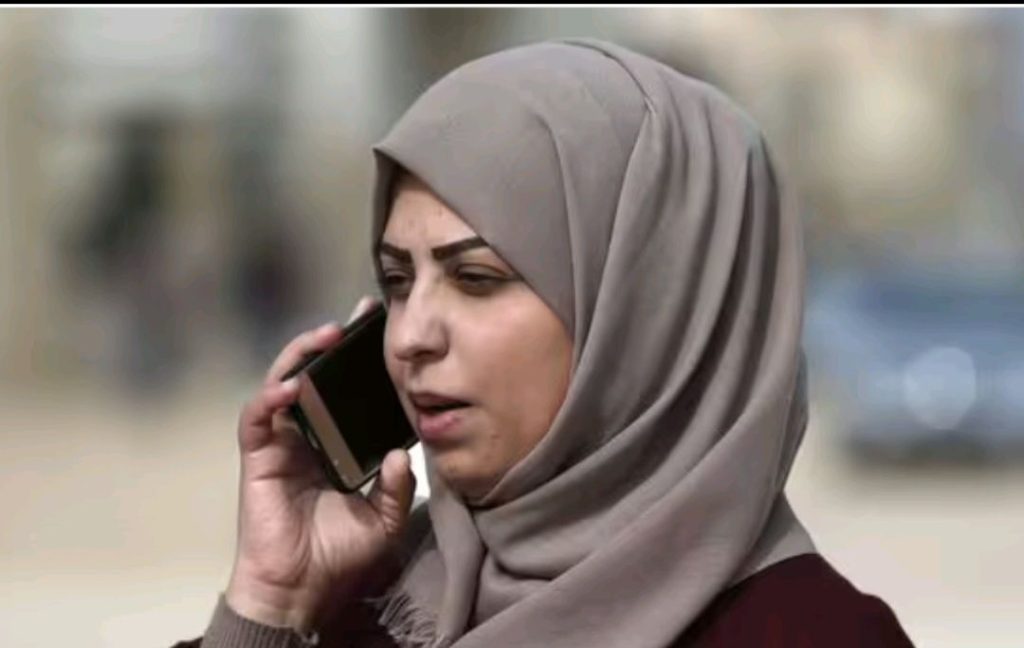
Palestinian journalist Hajar Harb, known for her coverage of Palestinian lives in Gaza, finds herself at the center of a heated debate after accusations of mocking Israeli hostages taken by Hamas on October 7th have surfaced

Harb, who recently received asylum in the UK after appealing against a prison sentence and fine imposed by a Gaza court in 2019, allegedly posted several now-deleted messages on social media platforms shortly after the October 7th attacks as reported by The Guardian News.
Campaign for Accuracy in Middle East Reporting and Analysis (Camera), an organization advocating for balanced reporting on Israeli affairs, claims that Harb’s posts crossed the line. According to Camera, one of Harb’s posts depicted the number 600 written in red flowers, each representing one of Hamas’ victims. The caption accompanying the image allegedly read, “On top of [any] loss amongst them is [like] flowers, just the number is beautiful.” Another translation suggests it said, “Although it is a waste of flowers, the number is sweet.”
Furthermore, Camera accuses Harb of mocking hostage Yaffa Adar, 85, who was kidnapped by Hamas. They allege that Harb imitated what Hamas might have told the hostage: “See this place ma’am? Allah willing, you’ll remain inside with us for a while.”
The spokesperson for Camera condemned Harb’s actions, stating that celebrating the loss of lives, especially in such tragic circumstances, is unacceptable and damages the reputation of journalists and news outlets associated with her as reported by an article published on The Guardian News.
In response to the allegations, supporters of Harb argue that her social media posts were misinterpreted, and the translations from Arabic to English did not accurately capture their intended meaning.
The controversy surrounding Harb’s posts raises questions about journalistic integrity and the responsibility of reporters, particularly in conflict zones. While freedom of speech is a fundamental right, it is essential to consider the potential consequences of one’s words, especially in sensitive geopolitical contexts.
The Home Office reiterated its stance against extremism, emphasizing that there is no place for such sentiments in the UK. However, they refrained from commenting directly on the allegations against Harb.
As the debate unfolds, it underscores the complexity of the Israeli-Palestinian conflict and the challenges faced by journalists navigating its contentious terrain. While striving for accuracy and balance in reporting, it is crucial to uphold ethical standards and respect for human dignity, even amidst deeply entrenched political divides.




